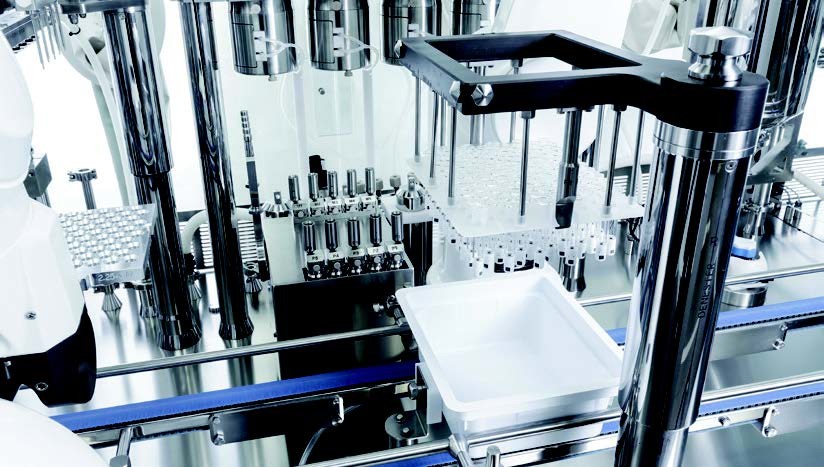Everyone cares about the environment these days. Even if they don’t, they have to act like they do because the public is very concerned about global warming.
For the longest time, the automotive industry bore the brunt of all condemnation in this area because of the immense contributions it was making to the destruction of the environment.
Today, however, the pharmaceutical industry has stolen the spotlight from them. Big Pharma isn’t necessarily new to scandals. They spent years weathering the ire of the public because of hikes in drug prices.
And then a few firms in the field were embroiled in scandals related to dangerous medicine that was causing harm rather than curing it; the pharmaceutical industry lost even more favor in the eyes of the public.
Now, studies have revealed that, in the arena of carbon emissions, the pharmaceutical industry is an even bigger culprit than the automotive industry, making larger contributions to the global warming crisis than most people presumed.
The Merck Solution
While many companies have attempted to extinguish the bad press surrounding the global warming scandal through lip service alone, Merck has actually taken tangible steps to reduce its environmental impact.
They have a four-year plan in mind. If they succeed, they would have improved plastic sustainability, brought their contribution to deforestation down to zero and maximized recycling rates.
They aim to do all of this through a life sciences project they call SMASH. SMASH is primarily concerned with packaging, and that makes a lot of sense when you consider the fact that Merck ships thirty thousand packages every single day.
Actually, it is because of the significant size of the company’s packaging operations that some people have cast doubt over Merck’s objectives. They do not believe that the company can make changes to its supply chain significant enough to meet the objectives of SMASH by the deadline it has set (2022).
Why SMASH Might Work?
Merck isn’t daunted by the skepticism from the industry. This is because SMASH isn’t some last minute innovation that was cooked up overnight to assuage shareholders.
Merck has spent years concocting the concept. The company has undergone internal changes specifically for the purpose of boosting the efficacy of SMASH. Where they once focused on Pharma and chemicals, Merck is now more concerned with major science and technology.
They have placed sustainability at the forefront of their rebranding strategy. This has involved changing the way they look at materials. They know that many pharmaceutical products are shipped with more material than is actually necessary.
They understand that new processes must be created to match the right product to the right package. They also realize that the materials of certain packages have to be replaced, the likes of Polystyrene.
Drastic transformation is the only way they can hope to tackle deforestation, not to mention the growing crisis of plastic in the ocean. This might explain why they launched Cyrene, a replacement for N-Methyl-2-pyrrolidone and Dimethylformamide.
Merck has spent quite a bit of time working behind the scenes to make sure that the customers who buy its merchandise do not unknowingly contribute to global warming.
With SMASH, they are basically creating a platform that will organize their efforts under a comprehensive strategy. Over time, they might require the services of Pharmaceutical Packaging Equipment players like Steriline.
Steriline is an unparalleled source of equipment solutions whose work on the aseptic processing of toxic and non-toxic products, powders, syringes and the like encompasses both robotic and mechanical applications
Their aseptic filling lines cover everything from machines and external decontaminants to depyrogenation tunnels and everything in between.
Even if they were to acquire the assistance of a firm like Steriline, Merck still has a lot of work to do. The number of products they ship is simply too large. Their only way forward is to improve the sustainability of their packaging.
Merck should be commended for taking such drastic steps so quickly. The pharmaceutical industry hasn’t come under nearly as much fire as they deserve for their environmental impact. But it is only a matter of time.
Merck has to get ahead of the problem before the public begins to bay for the blood of big Pharma.
If all goes according to plan, then the company could soon introduce packaging on demand where packages are designed to fit the customer and his or her product. They could also create mechanisms that would enable managers to notify packaging teams whenever it was determined that excess materials had been used in manufacturing.
2022 is just around the corner but the people behind SMASH are pretty confident in their ability to succeed.




